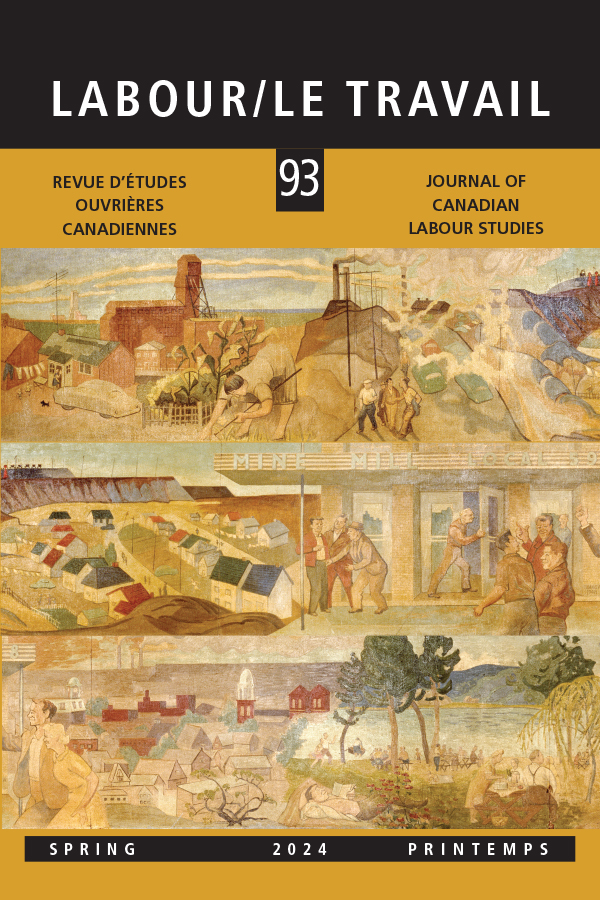« We Can’t Find a Basis for Unity but We Feel We Should »: conflits et sororité autour des conférences indochinoises qui se sont tenues au Canada en 1971
Published 2024-06-03
Keywords
- Feminism,
- Internationalism,
- Solidarity,
- Global Sisterhood,
- Anti-imperialism
- Third-worldism,
- Vietnam War,
- Decolonization ...More
How to Cite
Abstract
Organized in the spring of 1971 to denounce American intervention in Vietnam, the Indochinese conferences constitute one of the most important attempts at feminist coalitions of the time. The event embodies the project of building a global sorority. Although abundantly criticized in historiography, this ideal is rarely analyzed in all its ambiguity: this article therefore proposes to historicize sorority and highlight the complexity of its political uses. While recognizing the importance of the conflicts surrounding this project, we wish to understand why, despite everything, it emerged as a frame of reference shared by such a wide diversity of activists at the beginning of the 1970s.
This rereading of the Indochinese conferences makes it possible to propose a more flexible definition of global sorority: the speeches on the question reflect the tensions of a movement driven by the urgency of articulating the different subjectivities of women in order to organize a massive and effective opposition to the Vietnam War. Sorority thus serves as a unifying frame of reference that is sufficiently malleable to allow various conceptions of feminism to coexist and collide. It thus makes it possible to mark out a terrain from which a pluralist and debated feminist solidarity can develop.
